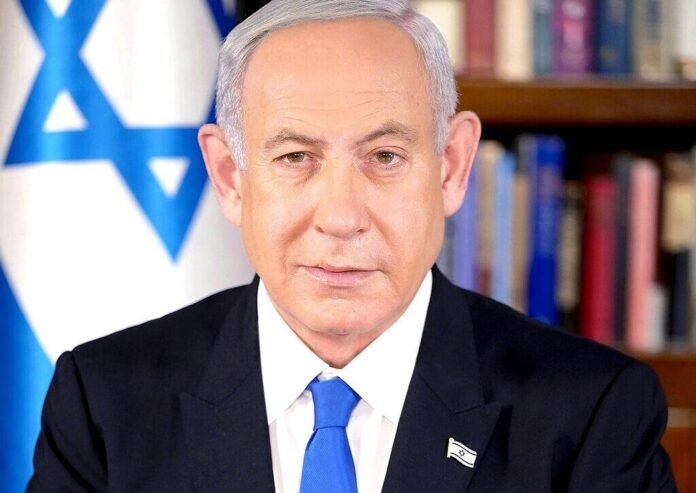Israel targets Iran’s leadership, hoping for regime change but risking chaos in the Middle East
Israel’s devastating attacks on Iran may mark the start of an unprecedented gamble by Prime Minister Benjamin Netanyahu: a push for regime change in Tehran.
Beyond destroying what Israel calls an existential nuclear threat, Netanyahu appears to be pursuing a far more ambitious endgame. On Friday evening, he issued a call directly to the Iranian people: “The time has come for the Iranian people to unite… for your freedom from the evil and oppressive regime.”
The stakes are staggering. Israeli strikes have already killed the commander of the Iranian Revolutionary Guard Corps (IRGC), Iran’s chief of staff, and other senior military leaders. As Iran retaliated, launching strikes against “dozens of targets, military centres and airbases,” Netanyahu ominously warned, “More is on the way.”
With the decapitation of Iran’s military elite, Netanyahu may hope the regime is now vulnerable to internal unrest. Yet such a calculation is a high-stakes gamble, one fraught with unpredictable outcomes.
Iran’s power remains concentrated in the hands of the IRGC and hardline clerics who dominate the economy and military. Unlike in other countries, there is no need for a coup — the hardliners are already in full control and could double down on confrontation rather than crumble.
In the worst-case scenario, Iran’s collapse could trigger chaos across the Middle East. With a population nearing 90 million, the country’s descent into disorder would destabilise an already volatile region.
Israel’s dream scenario envisions a popular uprising replacing the Islamic Republic with a friendly regime. But who would lead such a movement remains unclear. Iran’s opposition is deeply fragmented.
After the explosive “Woman Life Freedom” protests of 2022, several opposition groups tried to unite. But differences over leadership and the future shape of Iran’s government quickly derailed any coalition. No single opposition force has emerged as a viable alternative.
One figure who has attracted attention is Reza Pahlavi, son of the deposed Shah. Living in exile, Pahlavi has courted international support and even visited Israel. Though popular among some Iranians, it’s uncertain whether his backing would translate into a credible movement strong enough to topple the regime.
The Mujahideen-e Khalq (MEK), once a Marxist-Islamist group, remains another vocal opposition faction. The MEK’s alliance with Saddam Hussein during the Iran-Iraq War deeply damaged its domestic credibility. Despite support from certain figures in Donald Trump’s orbit — including Mike Pompeo, John Bolton, and Rudy Giuliani — its influence has waned in Washington under the Biden administration.
Various other factions advocate for everything from secular democracy to a revived monarchy. But no unified leadership has emerged to capitalise on the regime’s potential weakness.
For now, the full consequences of Friday’s devastating strikes remain unclear. In previous flare-ups between Iran and Israel, there was little evidence that such violence sparked mass movements against Tehran’s rulers. However, this level of military damage is unprecedented.
Meanwhile, Iran’s own options appear limited. Tehran has launched retaliatory strikes but must carefully calibrate its response. Attacking U.S. interests could pull Washington directly into the conflict — a scenario Iran desperately wishes to avoid.
Diplomacy remains another path, but returning to the negotiating table, as some U.S. voices suggest, risks appearing as a humiliating surrender for Iran’s hardliners.
As the dust settles, neither side holds a clear advantage. The region now stands on the brink, uncertain whether Israel’s gamble will shatter the Islamic Republic or plunge Iran into an uncontrollable spiral.
